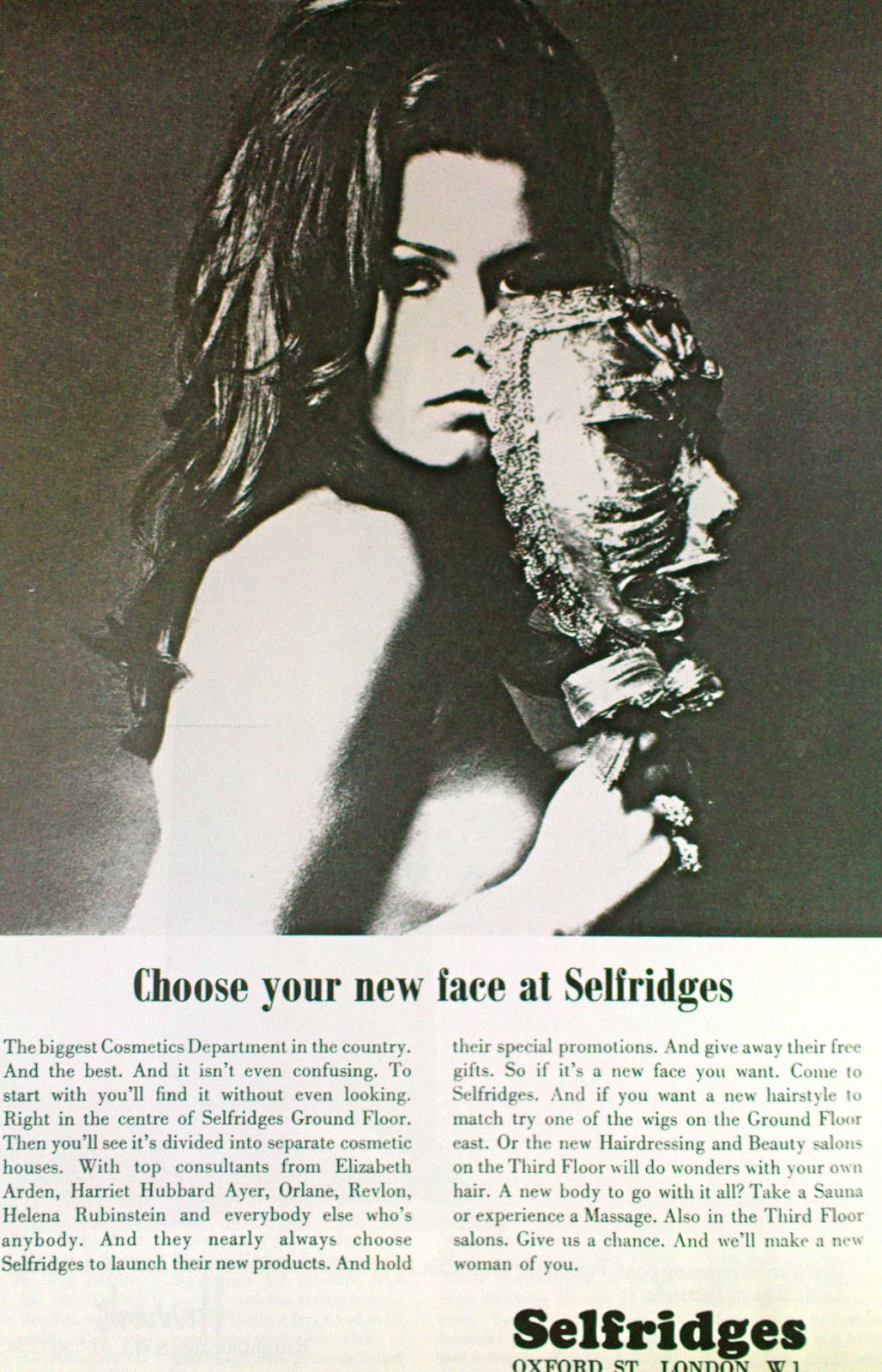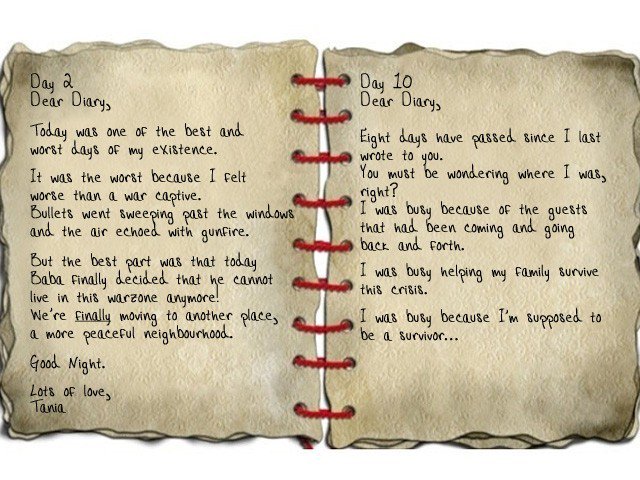‘Social Media,’ (now there’s oxymoron) is becoming an increasing concern, especially but not exclusively for parents and could be more anti-social than social.
The BBC reported on 4th January http://www.bbc.co.uk/news/uk-42563173 Schools should play a bigger role in preparing children for social media’s emotional demands as they move from primary to secondary school, England’s children’s commissioner says. Anne Longfield said she was worried many pupils at that stage became anxious about their identity and craved likes and comments for validation. Her study said children aged eight to 12 found it hard to manage the impact. 
Although my instinct is to slaughter everything ‘internet’ I suppose I shall have to be a bit more objective because however much one might wish to pull the plug I, like so many other people am pretty much connected all the time. Damn it, I even have some SMART home devices plus the ability to see what an elderly live-alone relative is up to. Not only can I be spied upon but I can spy on and stalk.
Investigations have begun into the impact of social media on the nation’s youth but what about the adults and are there differences in our respective uses and effects of social media?
Adults tend to worry about their children. This is matched by children not being concerned about their adults. (This is probably morally correct, young children should not have to worry about their parents, there’s plenty of scope for that in the future!)
Children appear fearless when it comes to hitting the keyboard and tapping their screens whereas most adults over 40 are still suspicious about the SEND button (aka Carriage Return) because they know there can be negative impacts from it. Whereas the young will spray out words and images with barely any self-control, most adults will try to self edit. Until, at least, they become addicted to the speed of unconsidered self-expression.
It’s happened to me. Just over a year ago a famous musician died. It wasn’t anyone I valued or admired (his music was to my ears, damp and derivative) but a friend of mine used to perform a tribute act of this singer and I told him on Facebook that now was the time to re-ignite his career. ‘After all’ I LOLLED, ‘you’re better than him anyway’. I was promptly scalded by another person for being insensitive and I immediately scrambled around to delete my comment.
I felt foolish and gauche because in attempting a ‘funny’ I inadvertently showed the world a side of me I didn’t want to display. Like so many others who use FB and its business oriented cousin; Linked In, I try to sculpt a portrait of what I want people to see but it’s so easy to undermine one’s own hard posturing when a moment of spontaneity arrives and obliterates it all. I know some folk really buy into online arguments and trading insults but like in my real life, I really hate confrontation.
I think that people fall into three broad groups.
Group One contains those who rather like President Trump have no compunction in letting their inner rebel teen ejaculate half thought thoughts and angry tantrums. Opinions will land where they will and everyone shall choose how to feel and react. ‘Your problem mate, not mine’.
Group Two includes those like my friend whose online liberal leanings are probably at odds with the lifestyle he has finally achieved in middle age. He really wants to be loved for the good things about him (I’m the same) and knows there are warts and blotches to be masked.
The third group would include people like my father who have a vague idea of what it’s all about but forget there is no privacy and that what you might say from the heart and feels like a private comment to a presence you recognise, can come back and bite you.
Many of us have written diaries. It’s not a new thing and if the plethora of available January-December diary/notebooks is anything to go by, is something that still has a market. Entries in your daily diary are very different from what you might put on a Facebook timeline because they are not private. There’s a freedom of thought that a writer can afford to add to an A5 diary because you do not expect it to be seen by anyone else. When however your writing hits social media, it has the potential to seen and judged far, deep and wide. Forever. 
Once the writer is aware of this, his output becomes very different from that of a private diarist. To start, abbreviations and codes have to go because nobody will understand them. Then, if the writer wants to avoid embarrassment, they are unlikely to reveal deep dark secrets and — much like me — keep away from politics and sex. Instead, what we add to the web it is hoped will reveal ideas that are amusing and thought provoking. What these ideas are does not perhaps matter, so long as they present one’s good side and don’t ruin your public image, that’ll just about do.
